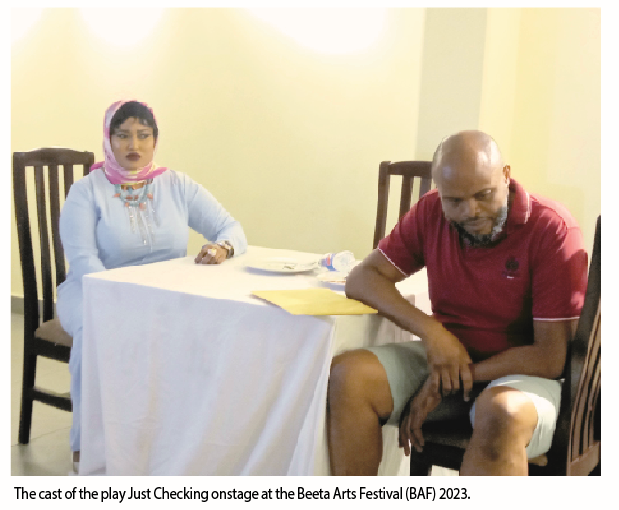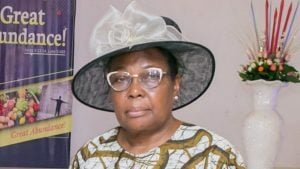In its third edition, Beeta Arts Festival (BAF) deployed the platform of diverse creative expressions in the promotion of women issues.
Aligning the festival with the UN 16 Days of Activism, an annual event lined with activities highlighting and dissuading gender-based violence (GBV) whilst simultaneously promoting gender activism and gender parity, BAF partnered with the American Embassy, Abuja, and the FCT Senator, Ireti Kingibe’s GBV non-governmental organization (NGO) Orange Initiative to respectively screen the film Nevertheless and the documentary The Movement.
Nevertheless, by Sarah Moshman and Orange Initiative’s The Movement highlight not just the gender-based violence, but the power of the art (film, and its entertainment function) to address social issues.
Similarly, BAF featured on its panel discuss platform a recent publication of Media Personality and Gender Activist, Ada Onyechere Sidney-Jack Power’s Politics, Pussy and Power, which emphasized the role of women in changing and reshaping the political landscape for collective growth and national progress.
Perhaps, the most commendable effort of the festival in supporting gender activism, was via its play Just Checking written by Ronke Gbede and directed by Dolape Bankole. Just Checking tells of a young couple John Gimbiya who had to deal with the issue of trust after John ordered a paternity test kit.
By breaking the fourth wall towards its end, Just Checking encouraged audience interaction but also presented a He for She opportunity where the male protagonist is not only given an opportunity to present his point of view alongside the female counterpart, thereby enabling the male audience arrive to a decision on hypothetical reaction to a similar situation that understands the woman’s perspective.
Whilst this may not be the festival’s first presentation of women-issues play, but it is arguably the first time it is formally and actively aligning itself with women-based issues and organizations. So, it will be interesting to note how it chooses to heightened this trend hereafter, particularly in addressing women-related issues in the creative industry, or whatever social issues it chooses to align itself with in the future.
We’ve got the edge. Get real-time reports, breaking scoops, and exclusive angles delivered straight to your phone. Don’t settle for stale news. Join LEADERSHIP NEWS on WhatsApp for 24/7 updates →
Join Our WhatsApp Channel










